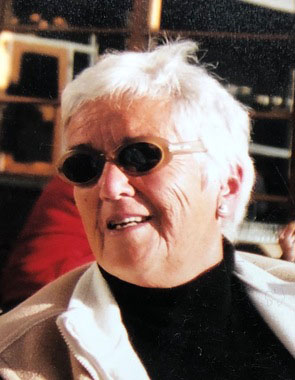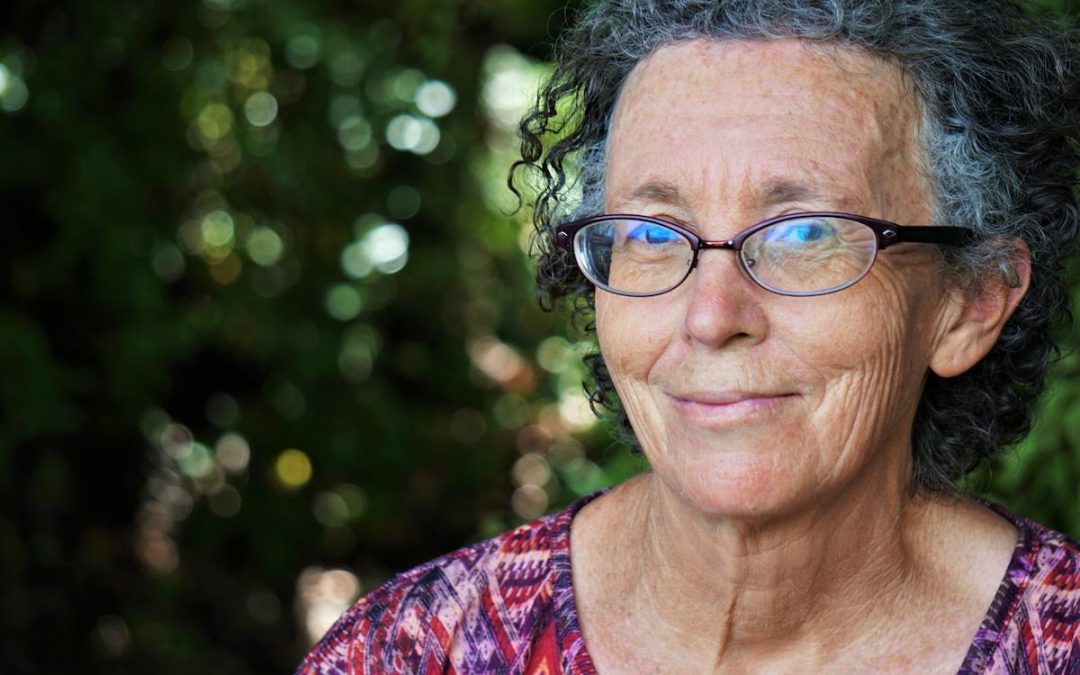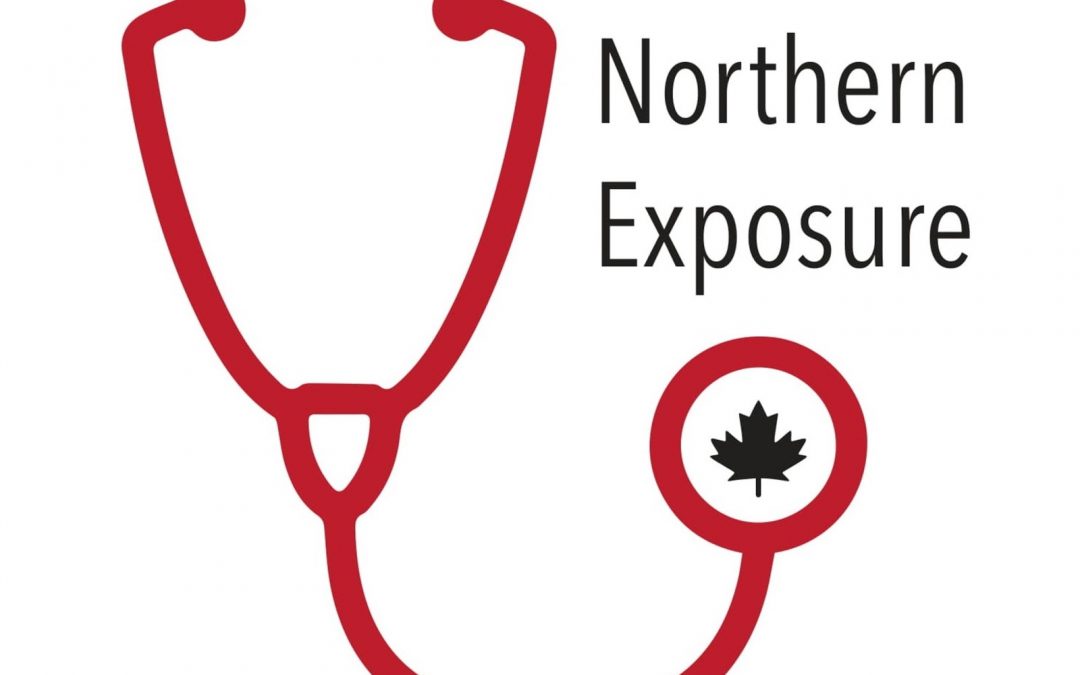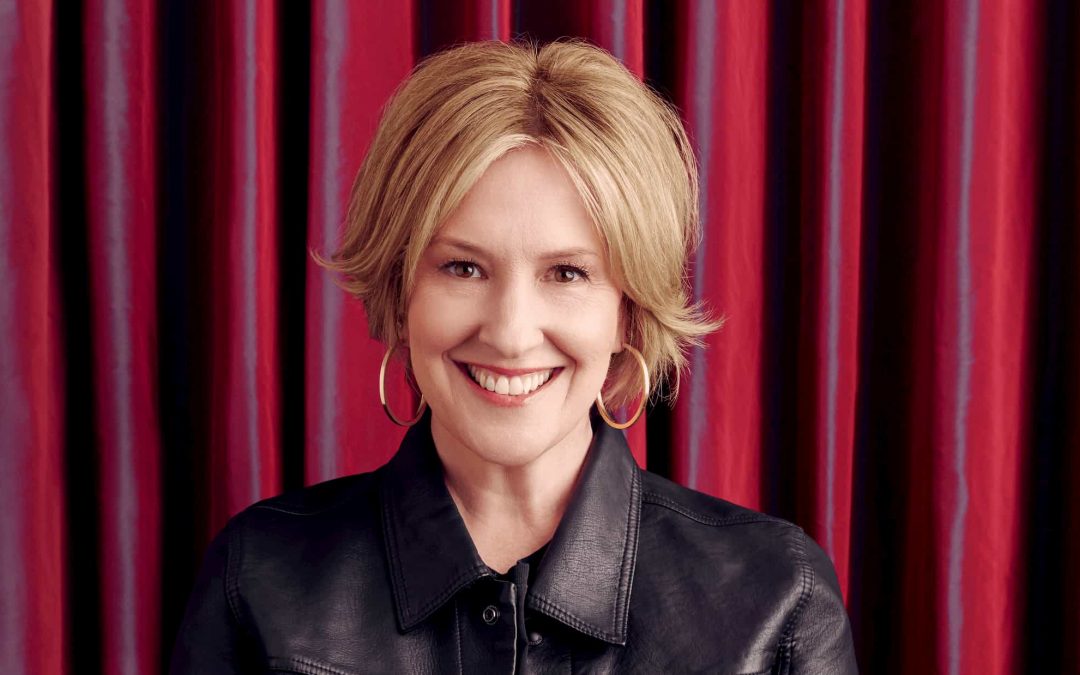
by Marcus Greatheart | May 7, 2021 | Blog, Uncategorized |
Rest in Power, Mary Lou! Mary Lou smiled wide as she spoke to me. Sure, she would help teach a safe sex workshop to the Friday night LGBTQ+ youth group, but first I’d have to come by the clinic myself for a check up. That way I could talk from experience, she...

by Marcus Greatheart | May 1, 2021 | Barriers to Health Care, Blog, Communication Skills for Doctors, Equity Work, Transgender Health, Uncategorized |
how do I know if my patient is transgender? In my practice I work with many medical students and residents who we train in part to provide gender affirming care. I frequently speak with colleagues who know I have a transgender-inclusive family practice and field many...

by Marcus Greatheart | Feb 25, 2021 | Addiction Medicine, Barriers to Health Care, Blog, Equity Work, Medical Education |
People who use drugs (PWUD) deserve same access to primary care as everyone else One of my biggest frustrations as a doctor are the “care-silos” patients get stuck in. A colleague who’d taken a gig at a methadone clinic told me she was reprimanded for prescribing...

by Marcus Greatheart | Dec 15, 2020 | Blog, Communication Skills for Doctors |
“My patients come with too many problems,” is a common grievance I hear from doctors. Your patient wants your help with their shoulder pain, the diarrhea, a form and prescription refills, which doesn’t include your priorities which are checking the blood pressure and...

by Marcus Greatheart | Dec 15, 2020 | Blog, Communication Skills for Doctors, Medical Education |
In July 2020, I had the pleasure of speaking with Anne and Hannah from the Northern Exposure podcast. These remarkable medical students from my alma mater McMaster University Niagara Campus are holding meaningful conversations with physicians across the spectrum to...

by Marcus Greatheart | Dec 15, 2020 | Blog, Communication Skills for Doctors, Medical Education |
On a recent teleconference, an invited physician leader was abrasive and unprofessional in sharing her opinions. Two other leaders gave her feedback on her approach and she changed her tune somewhat, then gave the standard non-apology: “I’m sorry if I was perceived as...







